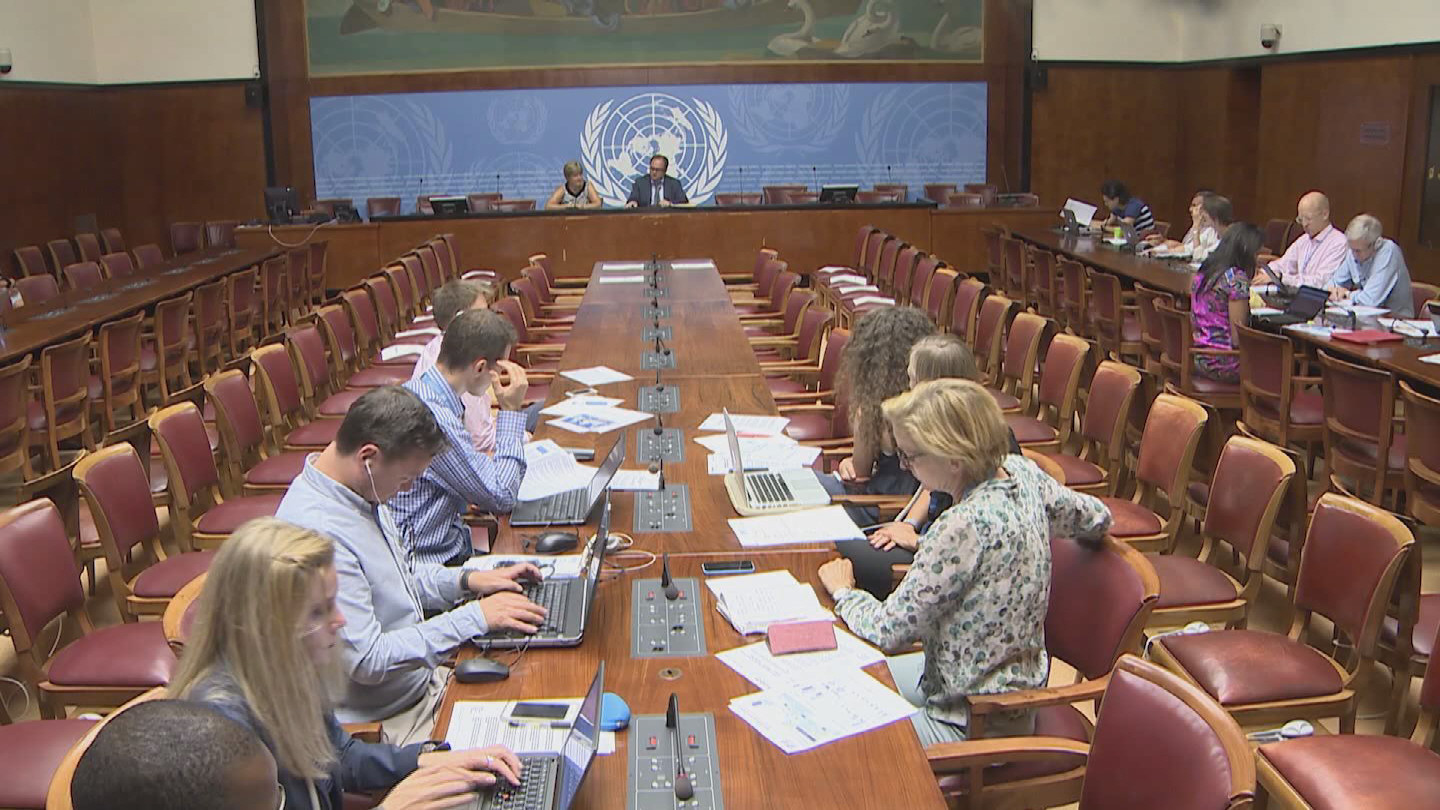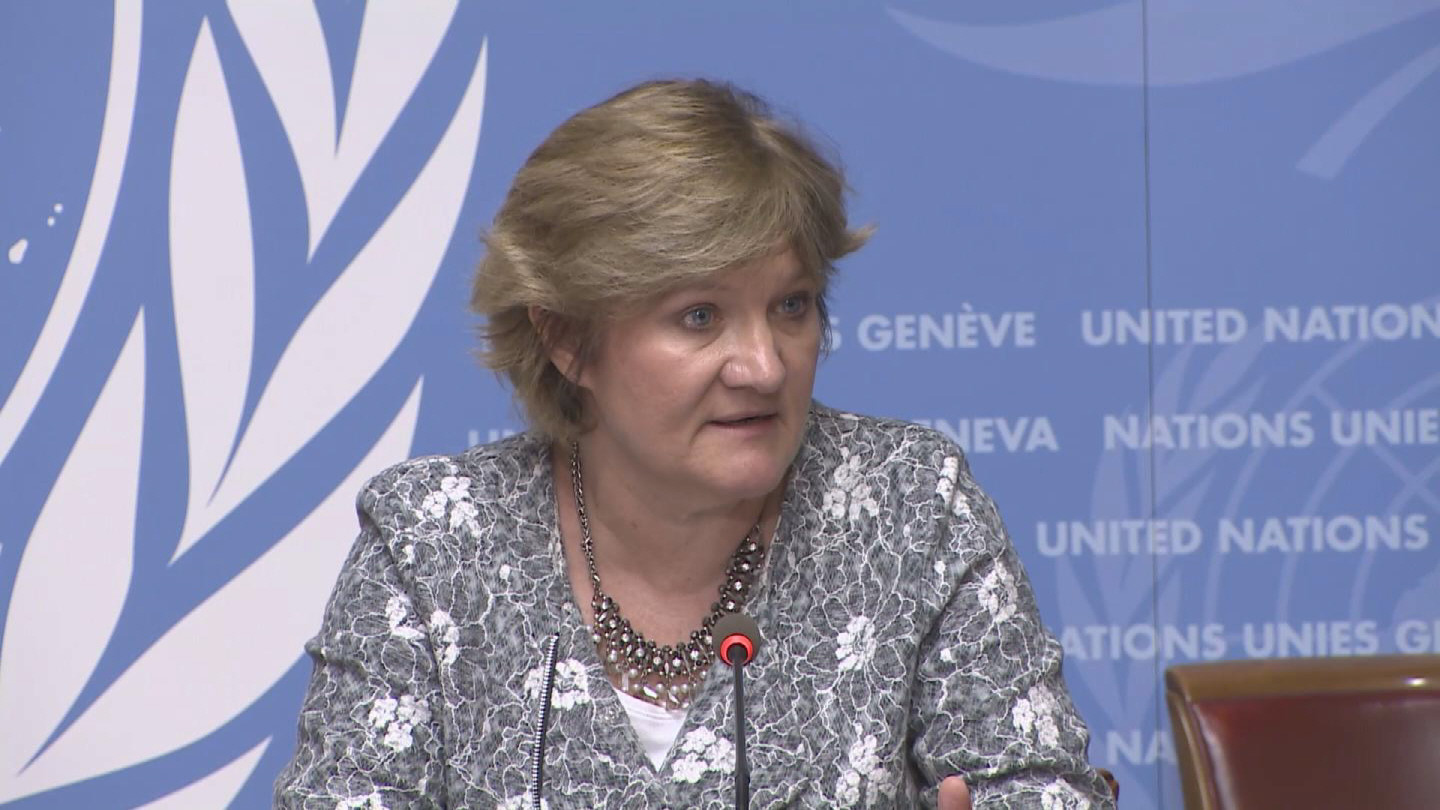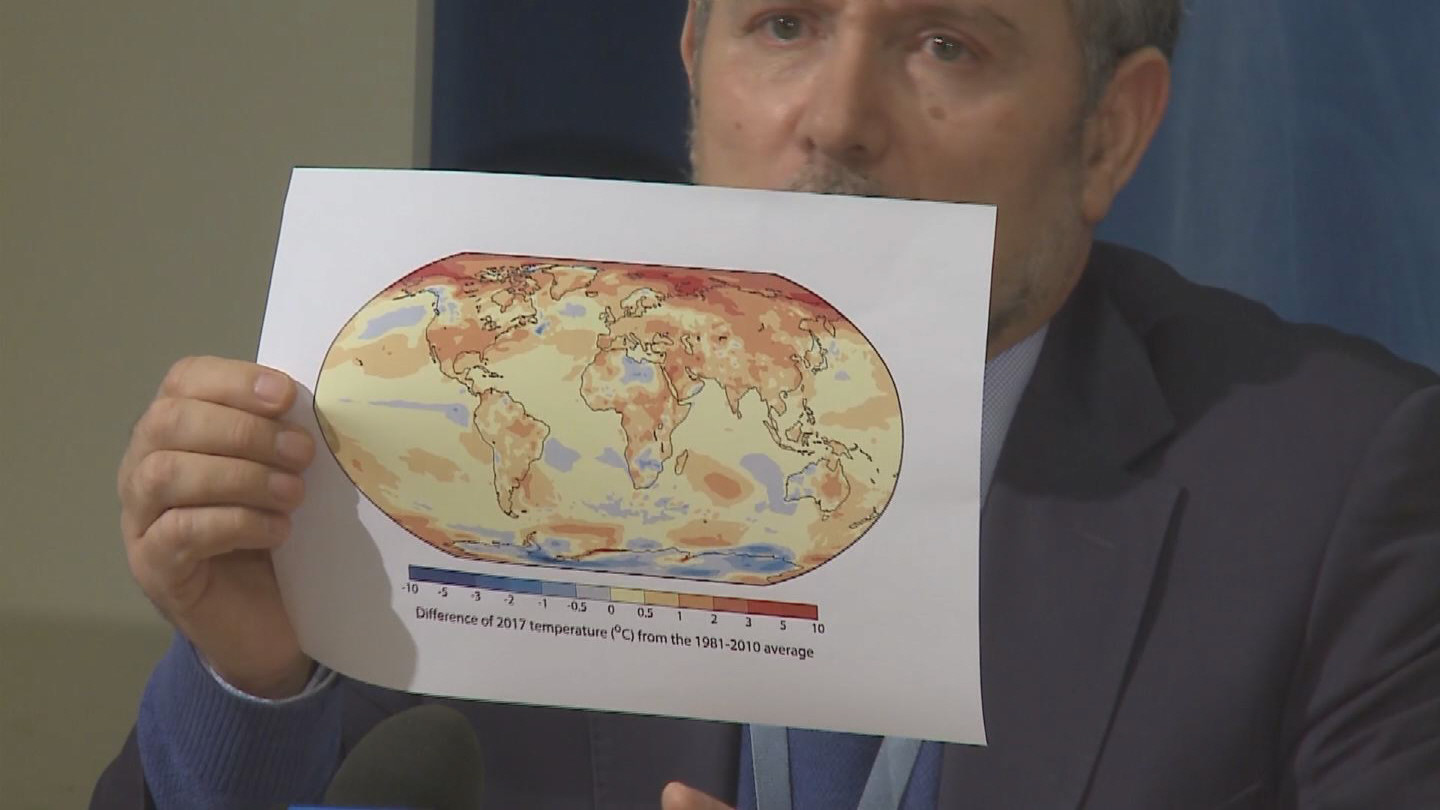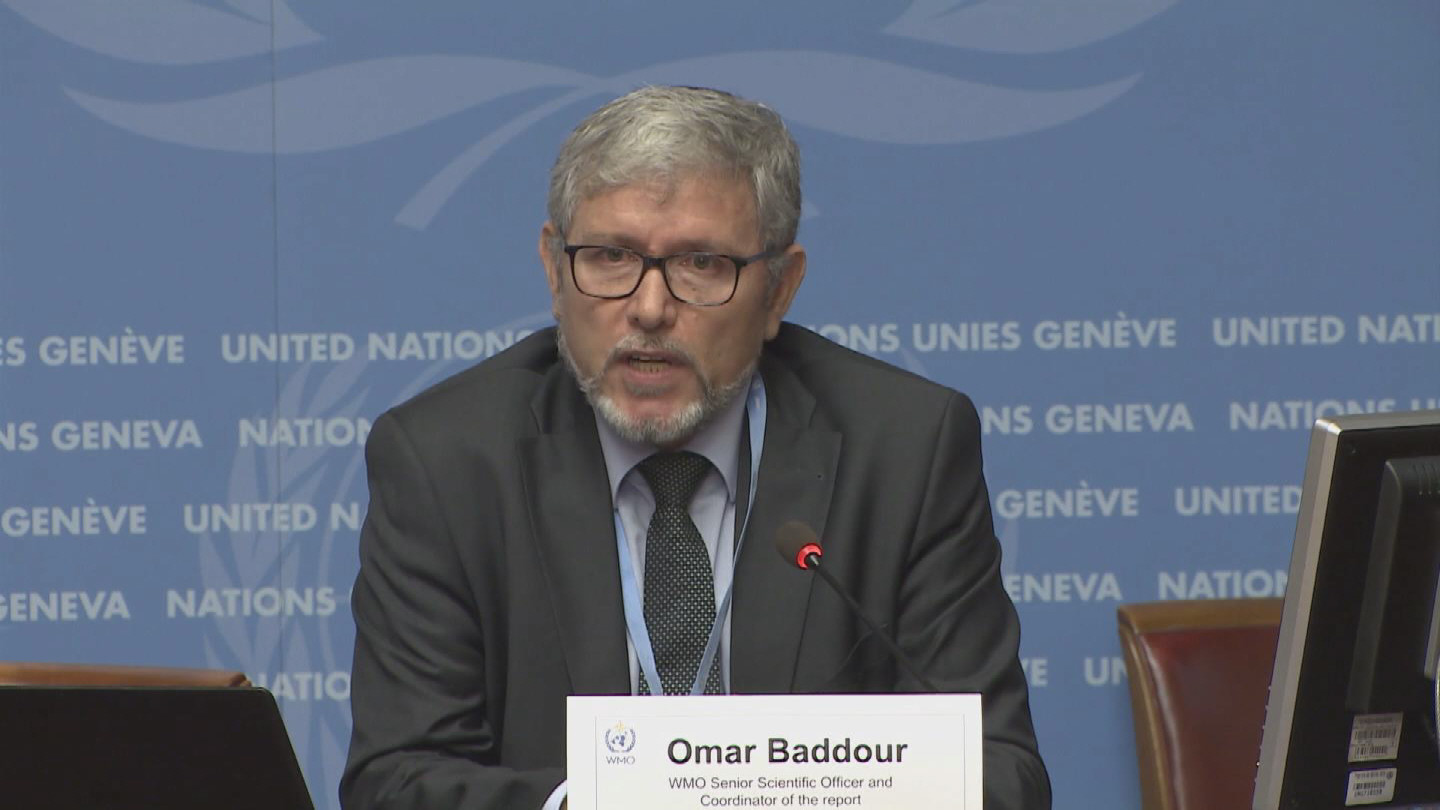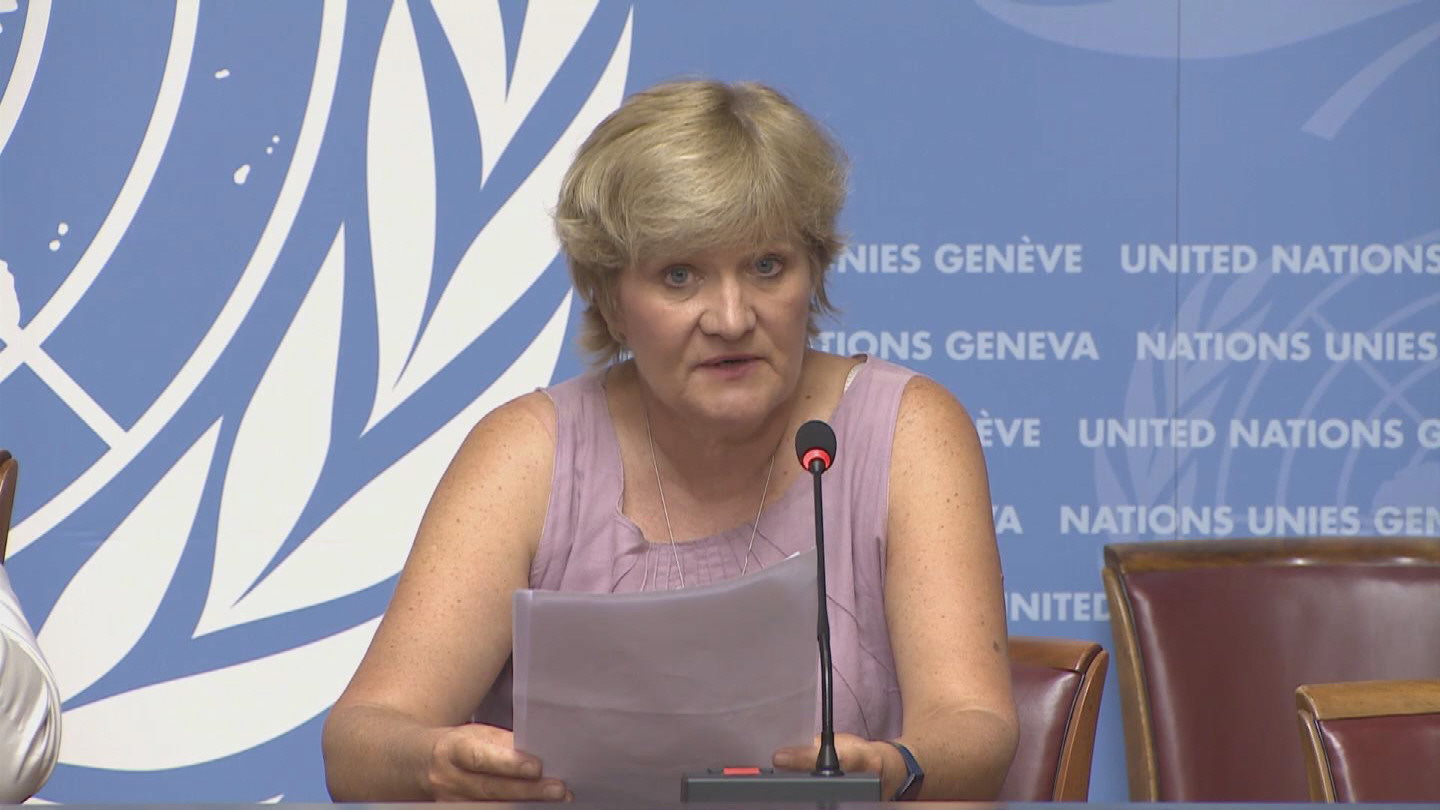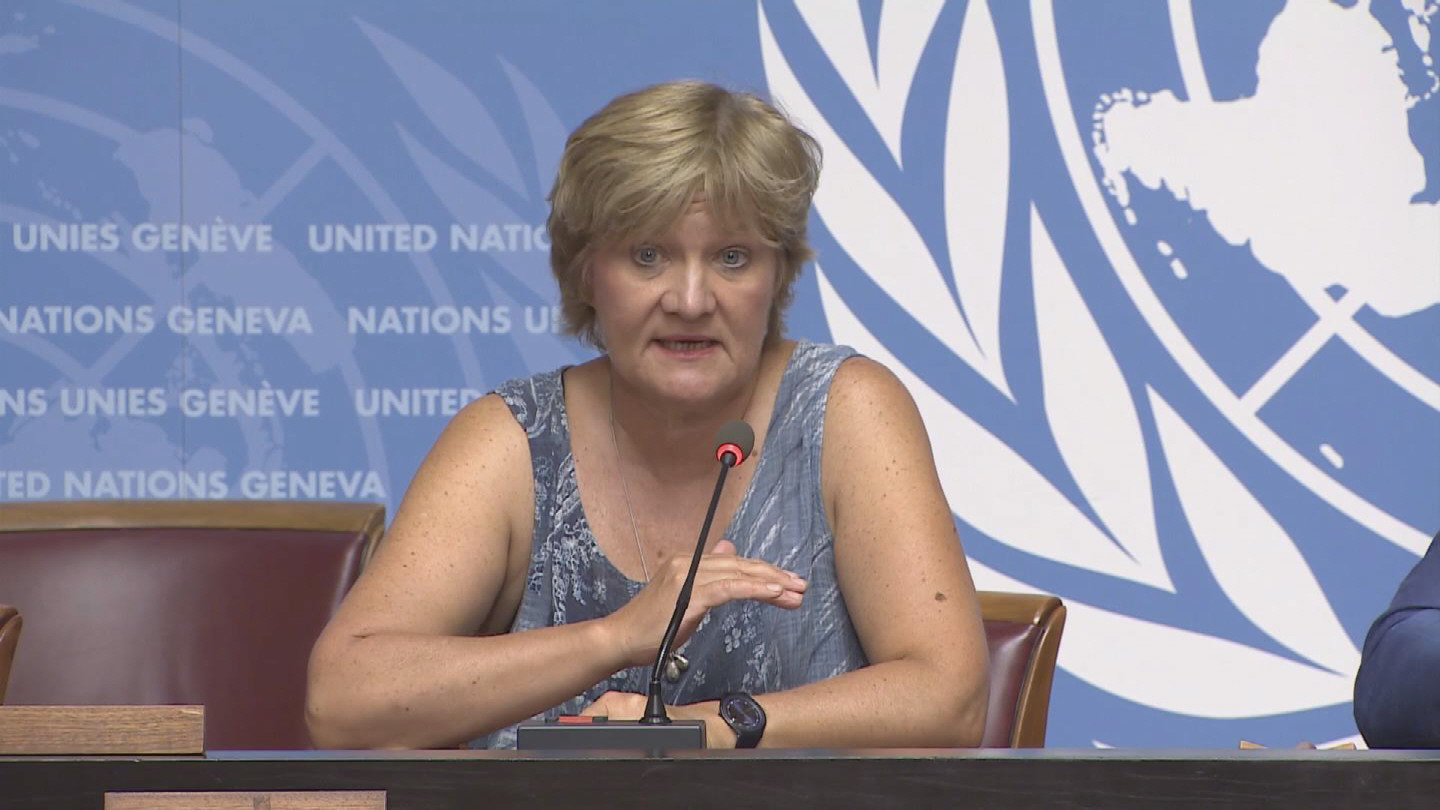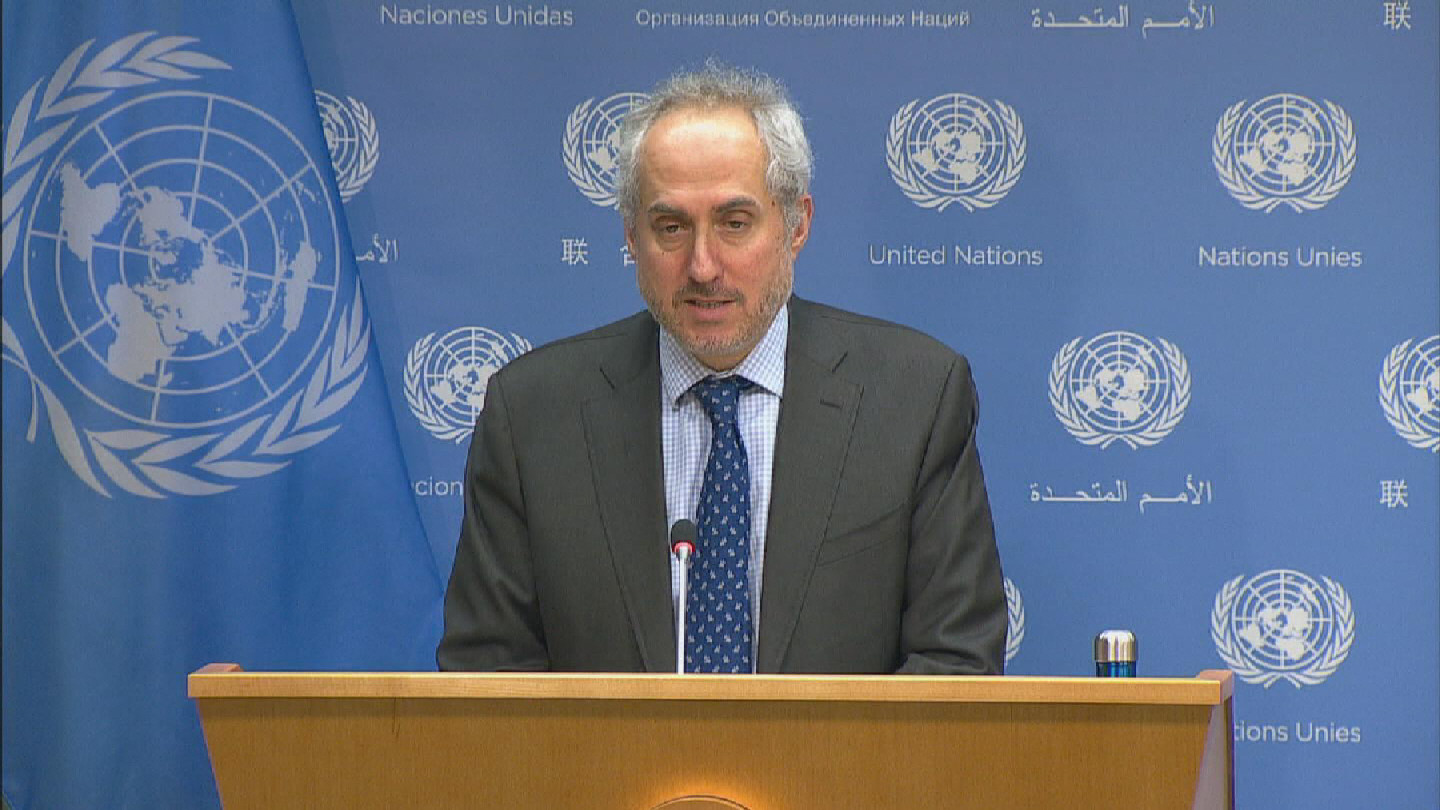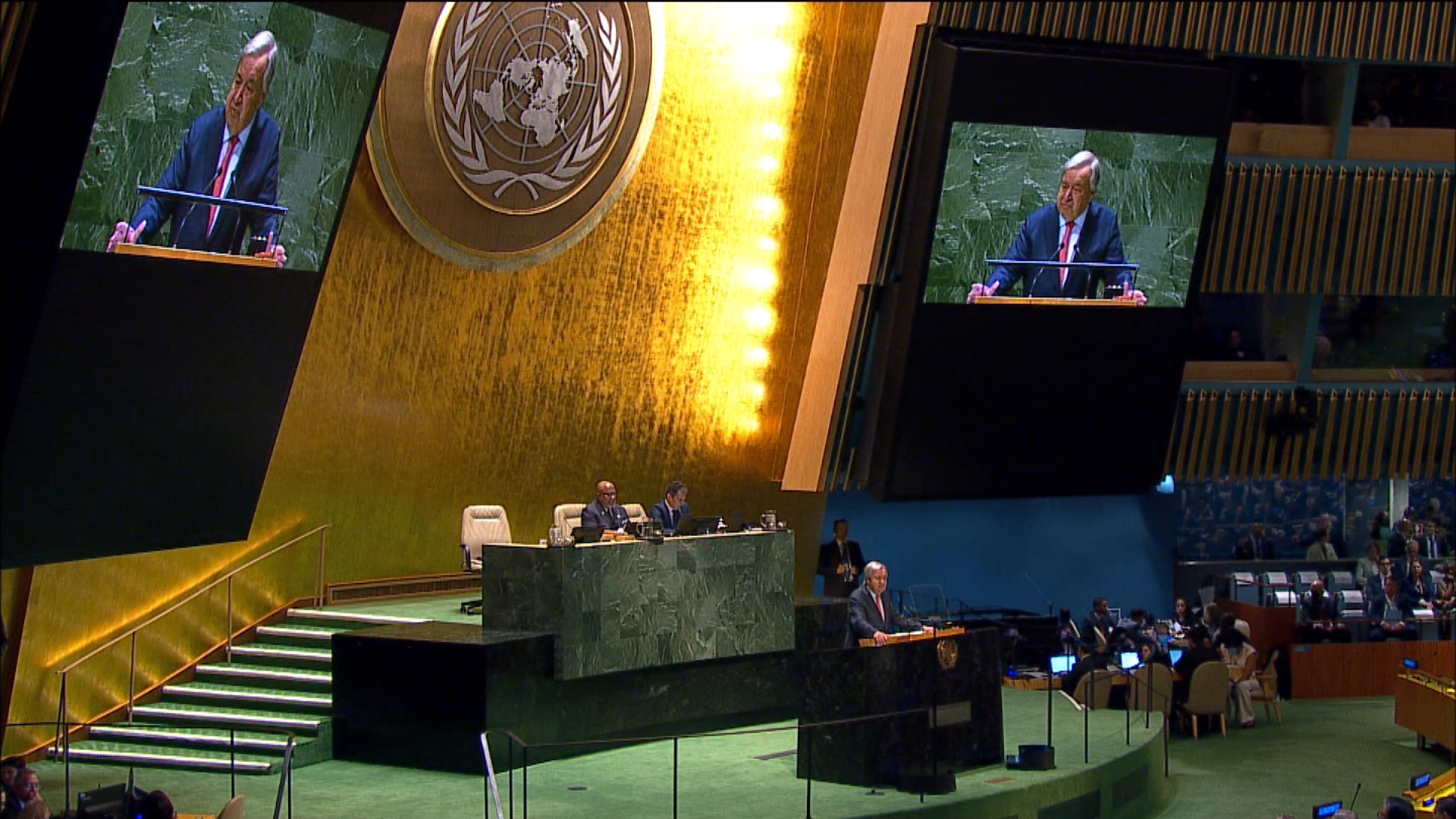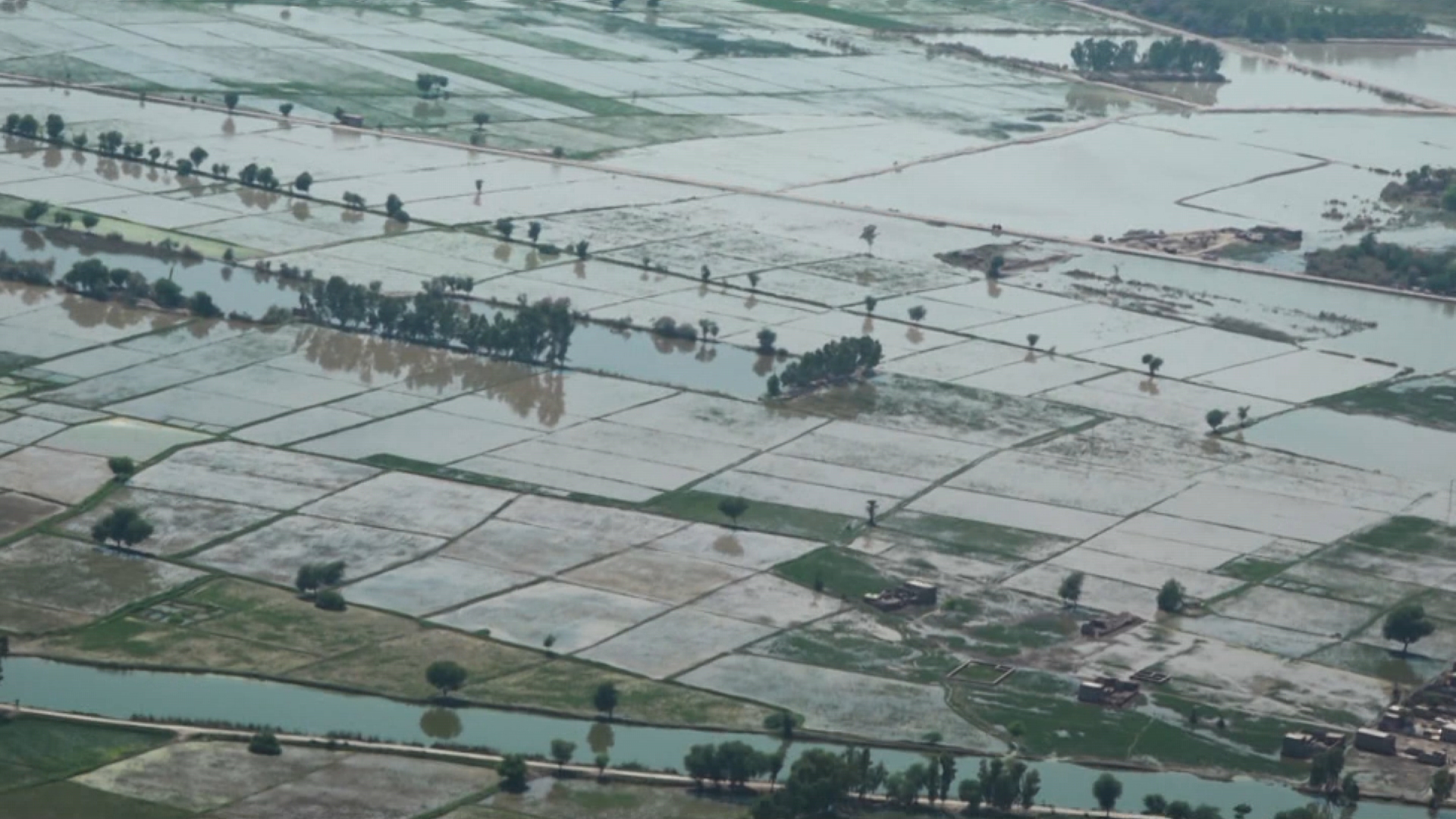UN / WMO EXTREME WEATHER
Download
There is no media available to download.
Share
STORY: UN / WMO EXTREME WEATHER
TRT: 01:00
SOURCE: UNICEF / MINUSTAH / UNIFEED
RESTRICTIONS: NONE
LANGUAGE: ENGLISH / NATS
DATELINE: FILE
MINUSTAH - 4 OCTOBER 2016, PORT AU PRINCE, HAITI
1. Wide shot, dashboard footage of UN car going over obstacles on the road
UNICEF - 5 OCTOBER, 2016, PETIT GOAVE, HAITI
2. Wide shot, dashboard footage of driving through flooded roads
3. Various shots, people attempting to cross a flooded river
MINUSTAH - 6 OCTOBER 2016, JEREMIE, HAITI
4. Various shot, Jeremie streets, damage from Matthew
5. Pan right, houses and debris on the coastline
UNICEF - AUGUST, 2016, MATABELELAND SOUTH PROVINCE, ZIMBABWE
6. Wide shot, dried up dam
7. Tilt up, dry cracked soil
UNIFEED – 7, 8 JULY 2015, SVALBARD, NORWAY
8. Various shot, polar ice landscapes
Strengthening weather and climate services to protect lives, property and the economy from increasingly extreme and unusual weather is among the pressing issues being discussed at the annual session of the United Nations weather agency's coordinating body, which kicked off today (10 May) in Geneva.
The Sixty Ninth Session of the World Meteorological Organization (WMO) Executive Council, which runs in the Swiss city through 17 May, will also provide an opportunity to help shape the agency's contribution to the global agenda on disaster risk reduction, sustainable development and climate change.
.
One of the highlights of the meeting will be the launch of the Year of Polar Prediction – a coordinated international drive to improve predictions of weather, climate and ice conditions in the Arctic and Antarctic.
The remoteness and prevalence of harsh weather and climate conditions contribute to making the Polar Regions the poorest observed in the world while, according to the WMO, there is a high level of public interest – especially among youth – about how rapid climate changes at high latitudes affect the weather and climate in the rest of the world.
The expansion of human activities into the Polar Regions is also increasing the demand for more information and better predictions.

